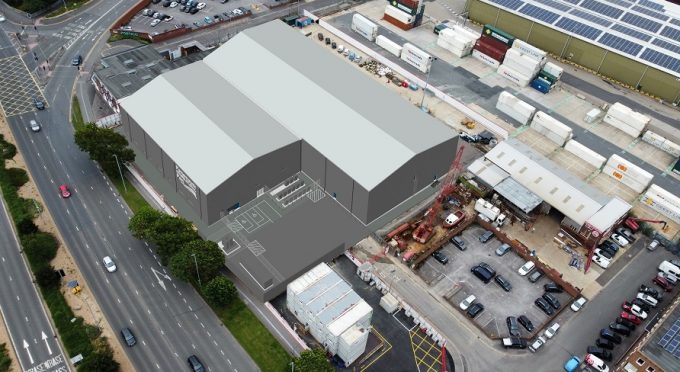HMRC backtracks to phased switchover to CDS for UK exports
Industry netted a “big win” after the UK tax authorities backed down and opted for ...

The UK government must allow ports to bulldoze infrastructure built for planned sanitary and phytosanitary (SPS) checks to “prevent a money drain”.
British Ports Association (BPA) CEO Richard Ballantyne said leaving these “white elephant” facilities vacant was wasting ports’ money and impeding their ability to recoup the costs involved in building infrastructure for SPS controls that were abandoned last month.
“The BPA is not only arguing for the government to compensate ports for the wasted cost of these facilities, but for it ...
Keep our news independent, by supporting The Loadstar
Container spot rates diverge: to Europe still falling, but firmer to the US
Volume surge and an early peak season? 'Don't celebrate too soon,' warning
Hapag-Lloyd won't take bookings if port congestion leaves cargo stranded
Ecommerce likely the front-runner in resurge of transpacific trade after deal
China-US trade tariff pause could drive a rebound for transpacific rates
Service chaos from trade ban with India a problem for Pakistan shippers
Airfreight rates ex-China 'loss-making', but hopes of a trade deal stay high

Comment on this article